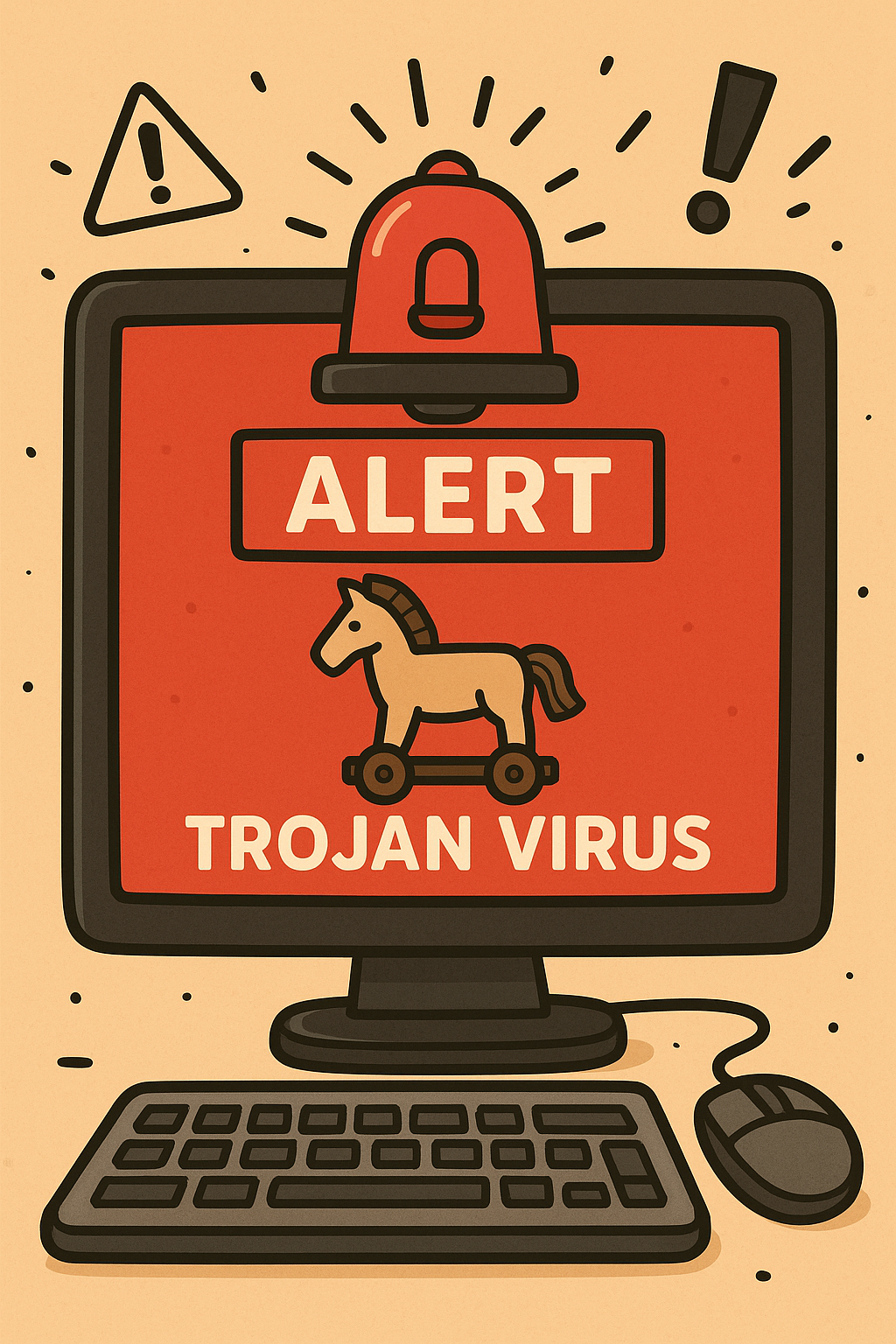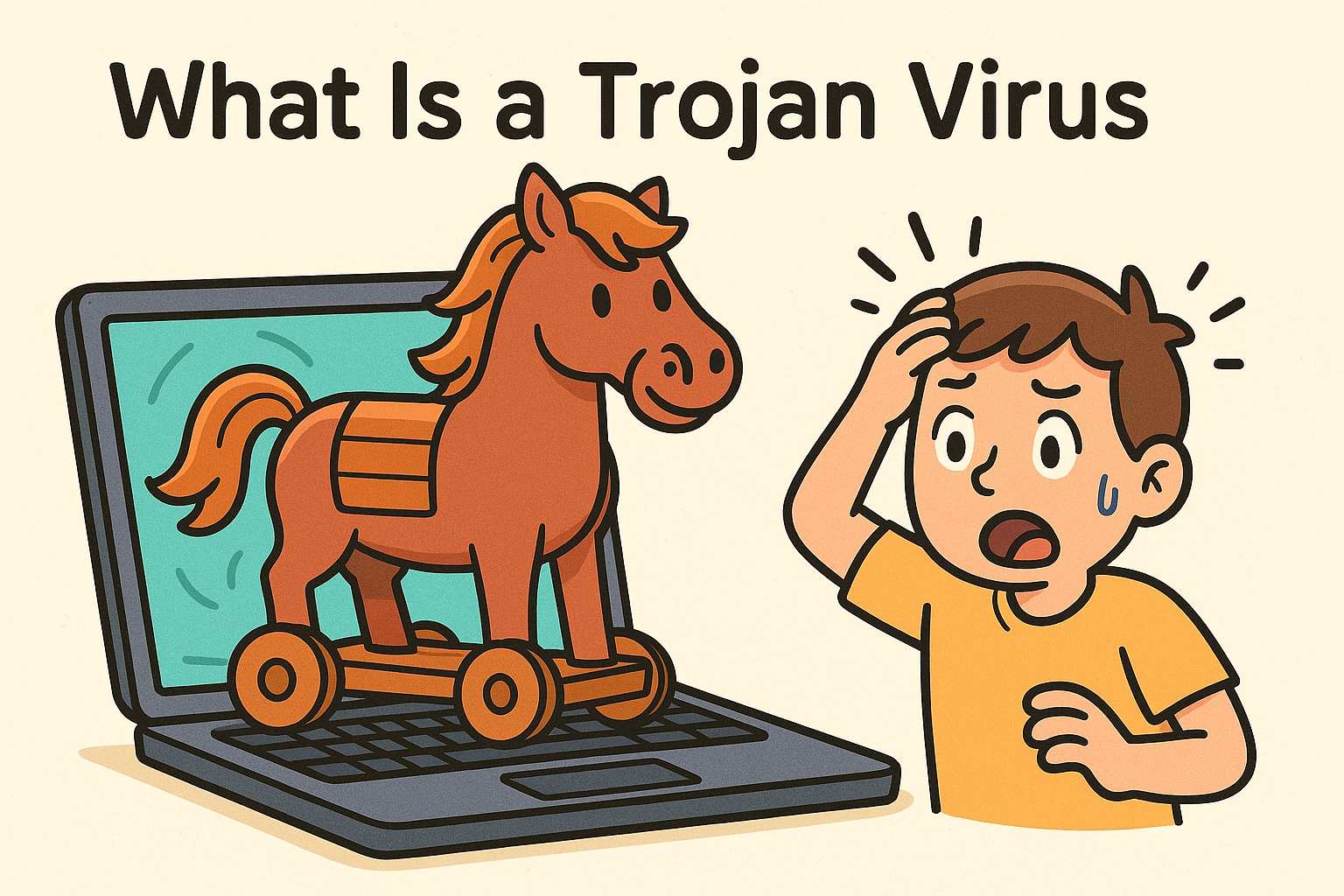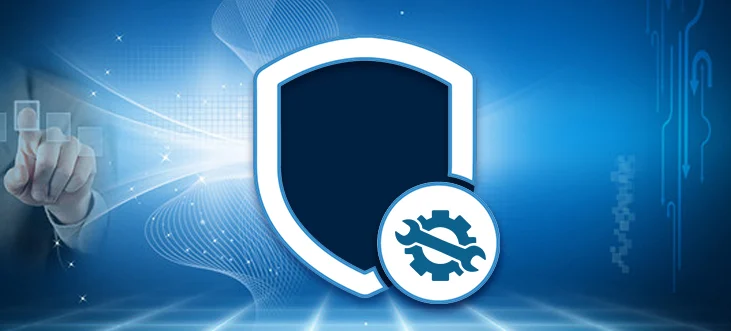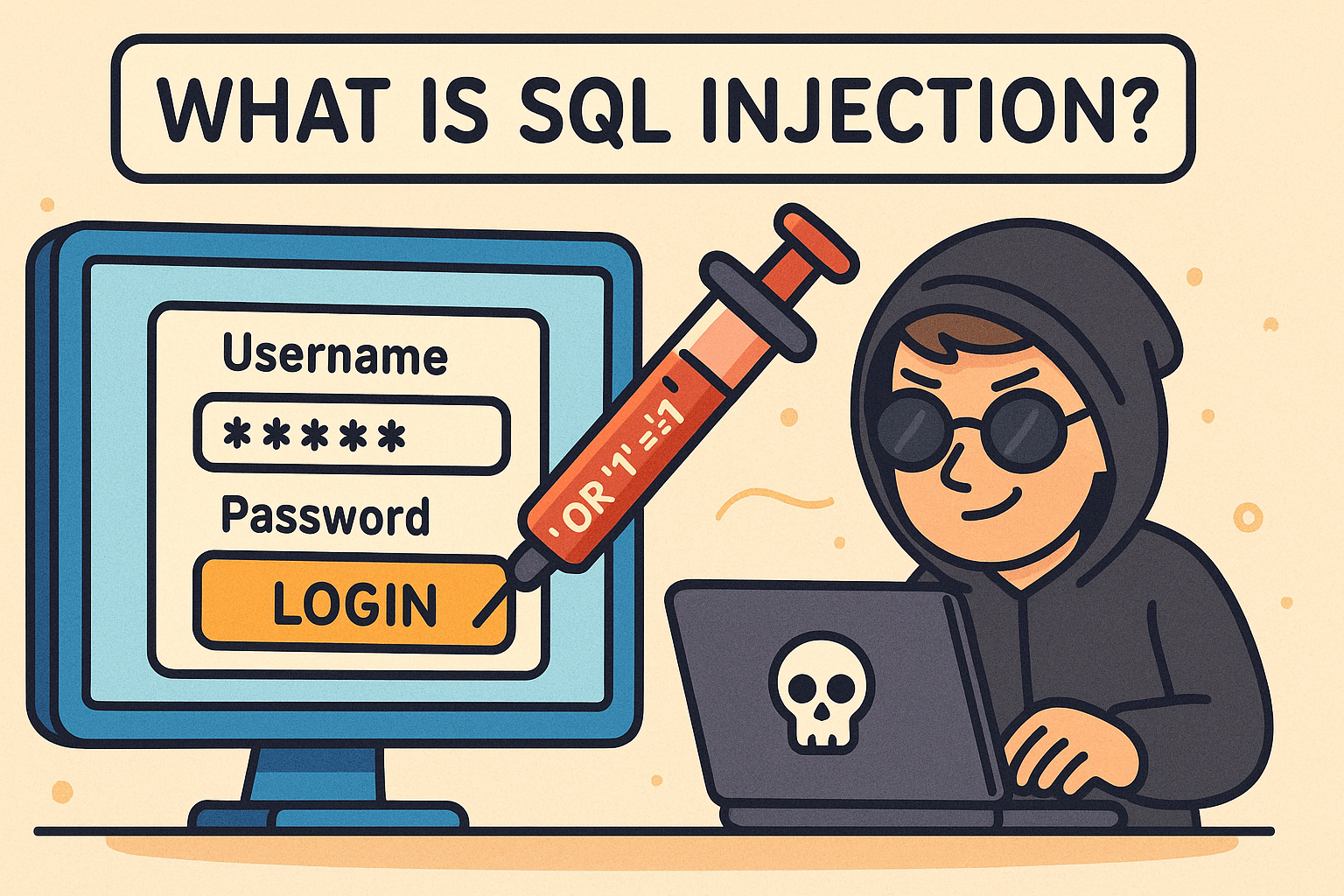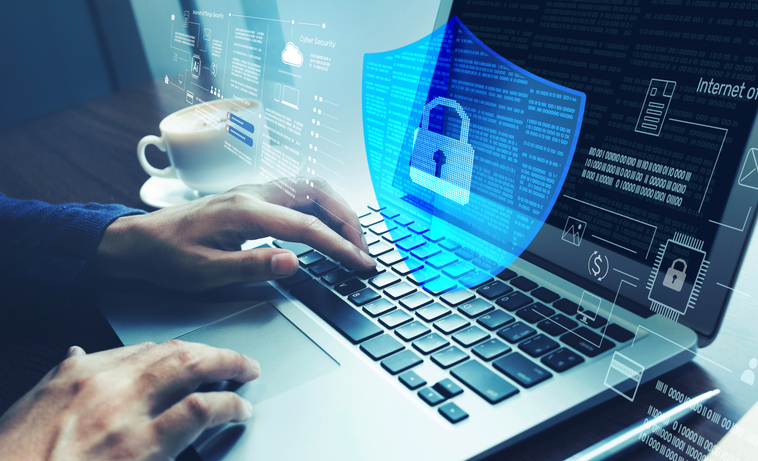How To Avoid Ransomware?
Updated on October 11, 2022, by Xcitium

Malicious software or malware has been rampant as technology blossomed in the 20th century. Just as technology integrated itself in the daily lives of people, making it an indispensable tool, malware has also made headway in creating ways to spoil this step to progress into making itself one of the leading ways people can be conned out of their money.
Ransomware protection through different apps and services has become as essential as having insurance. It pays, then, to know ransomware examples to know how to avoid ransomware that you might fall victim to.
There are a few things to look out for to avoid this nefarious scheme. Since most of the cases were attributed to lack of security or having poor security in place in the victim’s system as being the common factor, it’s safe to say that putting up ransomware protection is the number one priority. Should you fall into one of the ransomware examples or categories, here are some tips on what you can do:
- As prevention, you should back up your files on an external hard drive or a cloud space. In this way, all essential data that you might lose to an online attack can remain intact and accessible. It also ensures that private files or folders are away from the prying claws of ill repute operators. Many free online cloud services allow you to save gigabytes’ worth of files and videos. Some can even be synced on your devices so it automatically scrapes data on your laptops and stores it for safekeeping.
- Another precautionary measure on how to avoid ransomware is to be mindful of where and who you share personal information. In some ransomware examples, like Bad Rabbit and Jigsaw, among many others, it may come from emails, unsolicited phone calls, text messages, or instant messages. This is called phishing. Although ransomware protection apps can easily block these, some might still slip through. You should, then, be wary of anything that asks for such things no matter who they claim to be.
- Speaking of protective measures, another method is to have safeguards in place. Wondering “how to avoid ransomware”, the first that should come to mind is to have your devices protected. Whether you’re using your computers, tablets, or mobile phones, partnering with an efficient ransomware protector is just as important as wearing a seatbelt when driving. These apps can protect any attempt on your system by warding it off or giving you warnings to possible threats. In this way, you can avoid taxing and draining experiences. Not to mention, these anti-malware apps also provide constant scanning through your operating system and files to make sure no malware has slipped into it and cause trouble in the future. They also screen attachments on emails or block pop-ups that may sneak up on you.
- Updating all your software and systems is also one way to protect your computer. Relevant patches that could resolve any cracks in your system ensures that your system is airtight or at least that much harder to crack. Compromised or faulty apps or systems on your computer can be the gateway to ransomware. If you want to effectively know how to avoid ransomware, this is another cost-efficient way.
- Lastly, if knowing how to avoid ransomware is not enough and even after covering all your bases and doing everything you possibly could to safeguard your computer and other devices, run ransomware, you are highly encouraged not to pay the ransom. Doing so only empowers others to exploit this means to easy money. Moreover, paying the ransom to your files and folders does not guarantee that the hacker would return access to you. Because they know you would pay, they could also extort more money from you by browsing through the contents of your folders and threaten to expose private files for more money. It’s better to report incidents to the authorities and have them advise you on your next steps.
- Hopefully, with all the things brushed on in this article, you are better equipped to protect yourself from this brand of online crime. Understanding how to avoid ransomware has become such a staple in these times where information, privacy, and security can be swiped from right under your nose. Even with minimal resources, any average individual can become a hacker and a criminal. Cybercrime departments in different cities have been formed to address this growing threat to the people obliviously clicking in their own homes. Building safeguards, however, the best solution in tackling any kind of malware.
For comprehensive and efficient protection, check out Xcitium Cybersecurity!




